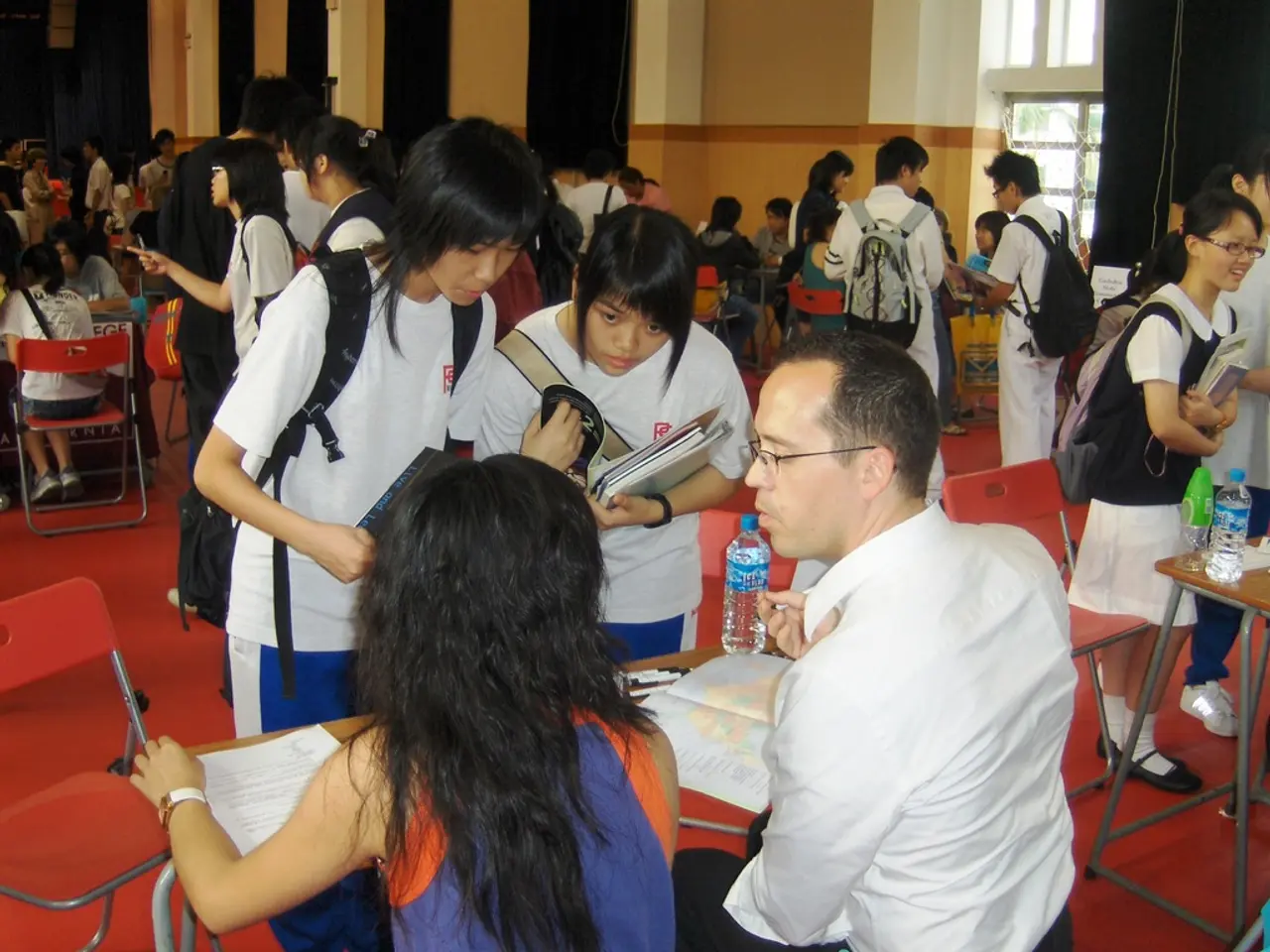Twelve fresh researchers are taking up positions at Sciences Po in the current academic year
Twelve New Faculty Members Join Sciences Po, Bringing Fresh Perspectives and Expertise
Sciences Po, the prestigious French university known for its commitment to public debate and fostering intellectual discourse, is welcoming twelve new permanent faculty members this year. These new additions are expected to enrich teaching at all levels of the curriculum, contribute to the university's academic community, and bring new knowledge to Sciences Po.
The new faculty members hail from diverse academic backgrounds, with four having previously taught at prestigious universities. Among them, three have extensive experience in research, and one is an expert in economics, another in political science, and a third in international relations.
Eight of the new faculty members are women, and nine are men. One of the new faculty members has published several books, further enhancing the intellectual richness of the university.
These new faculty members are expected to participate in public debates, aligning with Sciences Po's civic commitment. They will also contribute to Sciences Po's mission to foster public debate and its academic community.
While specific details about the new faculty members and their research domains could not be found in the available data, Sciences Po is strengthening its research policy. The university's research broadly focuses on themes including digital transformation, populism, work and employment changes, energy and environmental transition, political reconfiguration, inequality, urban development, health, education, and globalization.
For a detailed list of the new faculty members and their research domains, official Sciences Po announcements or their academic directory would be the appropriate sources to consult. If you need guidance on how to find this information directly from Sciences Po’s official communications or academic staff pages, feel free to ask.
The new faculty members are set to join Sciences Po's permanent faculty this year, and they will be involved in teaching at the university. Their profiles can be discovered, and they are anticipated to bring a fresh perspective to Sciences Po's academic community.
These new faculty members, joining Sciences Po this year, are anticipated to not only bring a fresh perspective to the academic community but also enrich the learning experiences at all levels of the curriculum in areas such as science, education, and self-development through their diverse backgrounds and expertise. Their contributions to research, particularly in themes like digital transformation, politics, international relations, and economics, will further enhance the university's intellectual discourse and strengthen its commitment to public debate.




